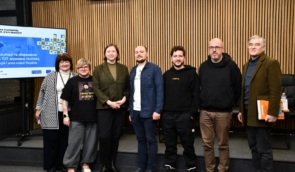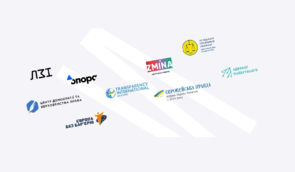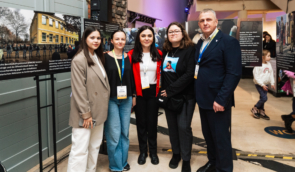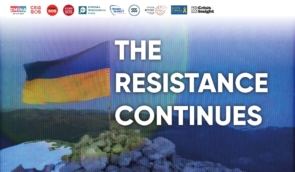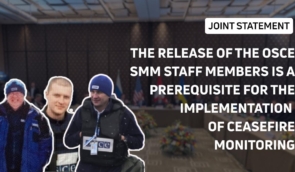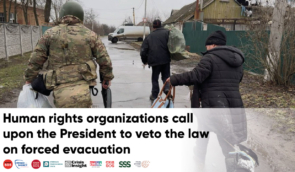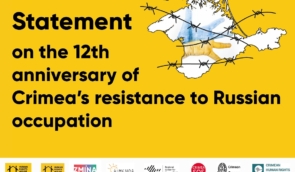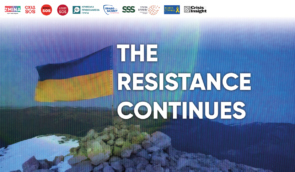ZMINA asks to deprive Ukrainian attorneys who facilitate repression in occupied Crimea of their certificates
Human Rights Centre ZMINA appealed to the Ukrainian National Bar Association (UNBA) and the Higher Qualification and Disciplinary Bar Commission (HQDBC) regarding Crimean attorneys who contribute to Russian repression and criminal prosecution of Ukrainian citizens in occupied Crimea.
In particular, lawyer Oleh Hlushko carries out the practice of law in Crimea in accordance with the decision of the HQDBC. Ukrainian attorneys Olena Kanchy, Anatoliy Zhernovyi, and Yulia Marchuk also assist the occupation administrations in prosecuting individual attorneys and human rights defenders.
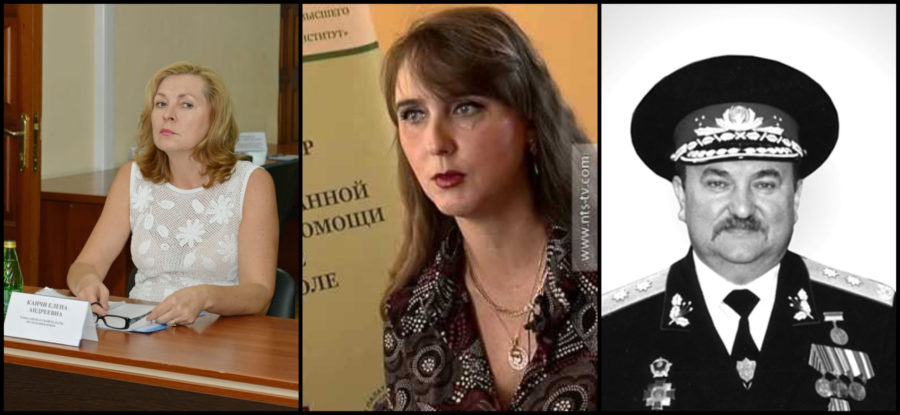 Olena Kanchy, Yulia Marchuk, Anatoliy Zhernovyi
Olena Kanchy, Yulia Marchuk, Anatoliy Zhernovyi At the same time, despite the atmosphere of fear and systematic repression of the Russian Federation during the nine years of occupation, there are still independent human rights attorneys in Crimea who work and provide qualified defense in cases of politically motivated persecution of Ukrainian citizens. The occupiers threaten and persecute these attorneys, and the Russian-controlled Crimean mass media create a negative image of pro-Ukrainian activists and discredit the attorneys who defend them.
ZMINA head Tetiana Pechonchyk comments that the conditions for the practice of attorneys who work conscientiously have worsened after Crimea was occupied:
“The situation during the last year and a half, after the beginning of the full-scale invasion, is particularly difficult: Crimean Tatar attorneys are detained, fined, intimidated, and their licenses are revoked. On the other hand, there are attorneys on the occupied peninsula who cooperate with the prosecutor’s office and the FSB to the detriment of their clients. They act as ‘extras’, attorneys ‘on assignment’ from the occupation authorities, do not react to the torture of their clients, persuade political prisoners to sign confessions, facilitate repression, and participate in the policy of colonization of the occupied territories. They violate not only international standards of attorneys’ ethics but also Ukrainian ones.”
Pechonchyk notes that some of these lawyers, such as Hlushko, Kanchy, Zhernovyi, and Marchuk, are still members of the Ukrainian National Bar Association, are on the register of Ukrainian lawyers, and their attorney certificates are valid from the point of view of Ukraine.
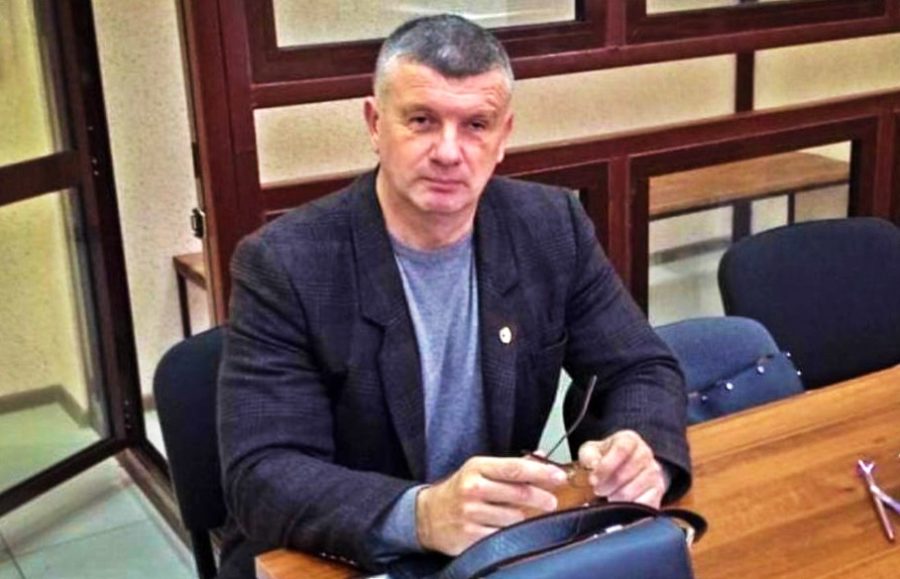 Oleh Hlushko, one of the traitor lawyers
Oleh Hlushko, one of the traitor lawyers “For the nine years of the occupation of Crimea, the Ukrainian National Bar Association has not managed to give any assessment of the activity of werewolf lawyers, has not deprived them of the status of Ukrainian lawyers. It also has not defended the lawyers who honestly do their job and protect our citizens in Crimea. The time has come to finally hear these assessments from UNBA and HQDBC,” Pechonchyk said.
Therefore, Human Rights Centre ZMINA appealed to UNBA and HQDBC with a demand to assess the activities of the above-mentioned lawyers and to take disciplinary measures in case of violations. Separately, ZMINA asks for a position and recommendations on creating favorable conditions for legal practice and protection of attorneys from occupiers’ interference in their work.
Previously, ZMINA spoke in detail about Ukrainian lawyers who cooperate with the occupation authorities and remain members of the Ukrainian National Bar Association, are on the register of Ukrainian lawyers, and their attorney certificates are valid from the point of view of Ukraine. Read also about Crimean lawyers who do not defend clients but contribute to the investigation.
Cover photo: Bureau of Judicial Information
If you have found a spelling error, please, notify us by selecting that text and pressing Ctrl+Enter.

